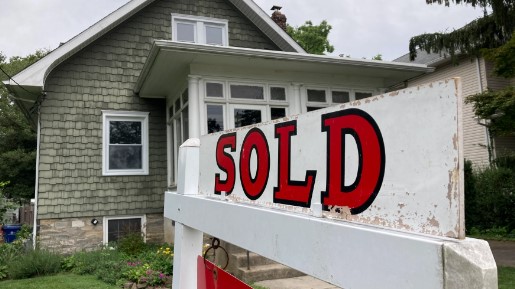Published by WJTV News | December 10, 2022
The findings reflect a real estate market that has seen home prices cool in recent months amid a period of rapidly rising mortgage rates.
More than 250,000 borrowers who purchased homes this year now owe more than their house is worth today, according to a new analysis.
The report, by mortgage data firm Black Knight, also found that 1 million others who bought homes in the first nine months of the year have “limited equity,” owning less than 10% of their home.
The findings reflect a real estate market that has seen home prices cool in recent months amid a period of rapidly rising mortgage rates.
“A clear bifurcation of risk has emerged between mortgaged homes purchased relatively recently versus those bought early in or before the pandemic.”
—Ben Graboske, president of Black Knight Data & Analytics
Graboske noted that negative equity rates are still far below historic averages and the pace of cooling has slowed recently.
Those who purchased homes at the peak of the market between May and July are the most likely to have equity challenges today. About one in three homebuyers in July now face negative equity, or limited equity (owning less than 10% of their home), Black Knight found.
That doesn’t mean it’s time to panic. Most recent buyers will simply wait and hope their home’s value bounces back by the time they’re ready to sell.
“For most people, these changes have no immediate economic impact,” said Laurence Kotlikoff, an economics professor at Boston University.
Others in the industry pointed out that even limited equity provides an upside that the alternative does not.
“Housing is not a short-term investment and renting doesn’t build any equity at all,” said James Martin, who will serve as the chair of the Federal Finance & Housing Policy Committee for the National Association of Realtors in 2023.


